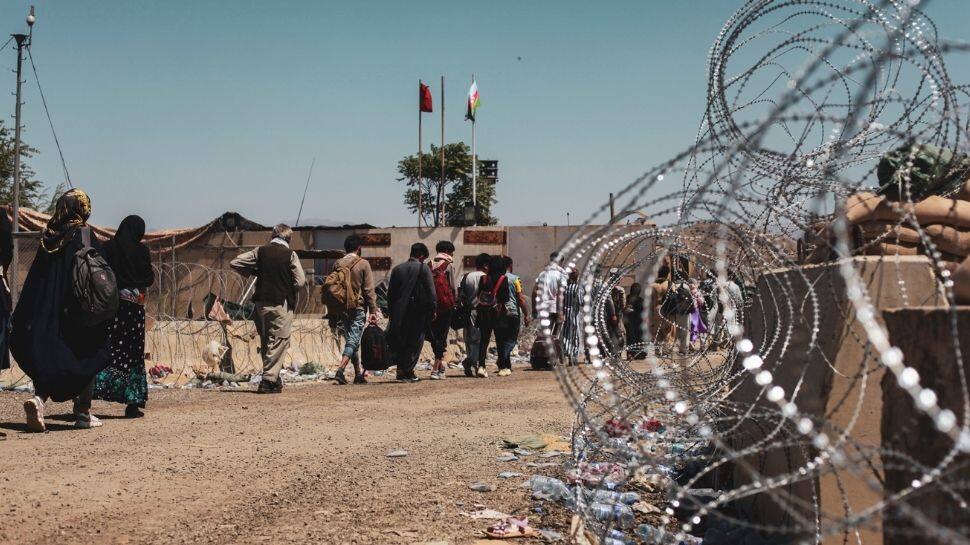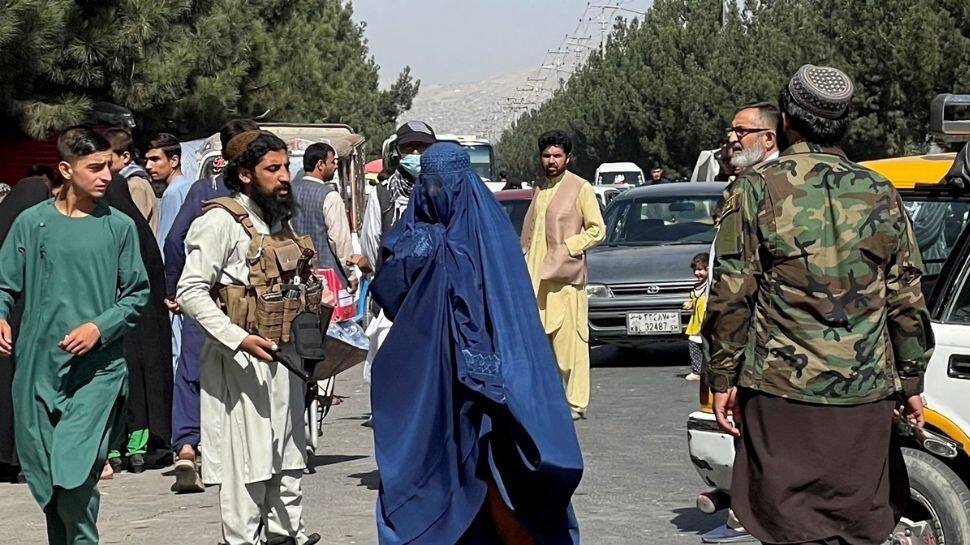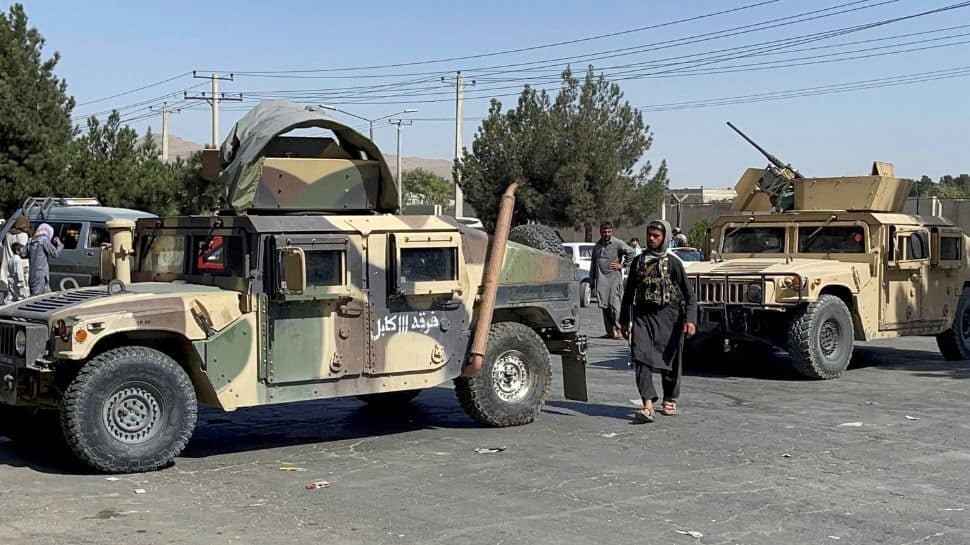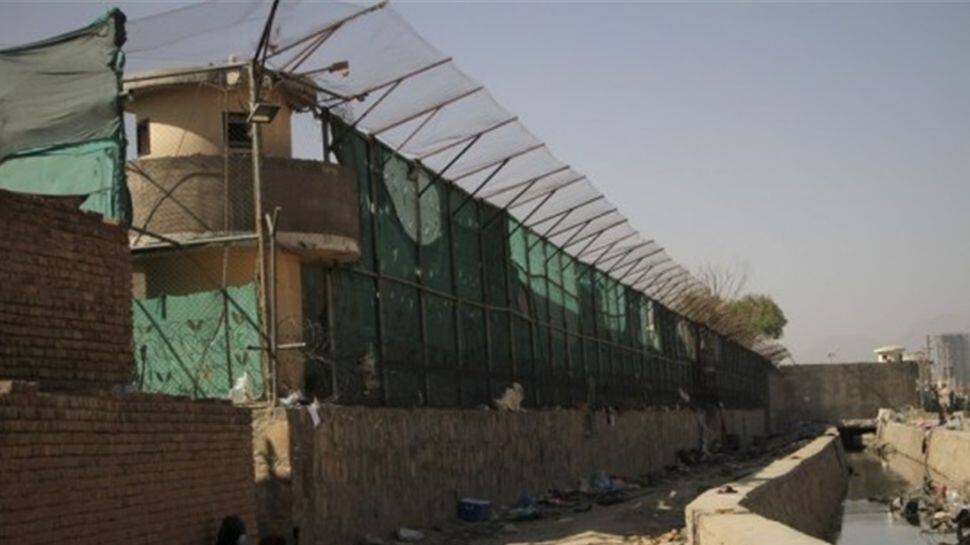The Islamic State Khorasan Province (ISIS-K): Know all about the group behind deadly Kabul blasts - in pics
The responsibility for the deadly blasts at Kabul airport that left at least 90 dead - including 13 members of US troops - has been claimed by a local branch of Islamic State (IS) - the IS-K/ISIS-K or Islamic State Khorasan Province. This is what we know about the group.
(Pic: IANS)
)
IS-K is an Afghan affiliate of the Islamic State group, which the US, for over two decades, tried to destroy. It is known as an offshoot of the ISIL (ISIS) armed group that is allegedly trying to establish an Islamic “caliphate” in Iraq and Syria. In 2014-15, the IS-K sprang up in Khorasan in eastern Afghanistan. It was the time when the Islamic State was expanding in Syria and Iraq. In the next couple of years, the IS-Khorasan was already launching terror attacks on the US-led forces in Afghanistan. The Kabul blasts are their latest strikes.
(Pic: Reuters)

Hafiz Saeed Khan, a veteran Tehrik-e-Taliban Pakistan commander is known to have founded the IS-K. The group combrises mainly of Pakistani militants operating in eastern Afghna province of Nangarhar. Meaning the "Land of the Sun", Khorasan refers to a historical region under an ancient caliphate that once included parts of Afghanistan, Iran, Pakistan and Turkmenistan.
(Pic: Reuters)

Unlike the Taliban, which is focused mainly on Afghanistan, the IS-K have their sights set on other regions, including the West. From Afghan security forces, politicians and ministries, the Taliban, religious minorities, including Shia Muslims and Sikhs, the group has launched atrocious attacks over the years. A deadly attack on a maternity ward in Kabul in May 2020 that left 24 people dead, including women - some pregnant - and infants, was also blamed on the group, say reports.
(Pic: Reuters)

The IS-K do not support the Taliban and were critical of their takeover of the country. They believe that the Taliban's version of Islamic rule wasn't hardline enough. But there is a definite link between the two - via the Haqqani network. But despite the connection, a BBC report mentions that IS-K has accused Taliban of abandoning Jihad and the battlefield in favour of a negotiated peace settlement hammered out in "posh hotels" in Doha, Qatar. So they consider Taliban militants apostates - those who renounce a religious or political belief or principle. And this makes their killing lawful under their interpretation of Islamic law.
(Pic: Reuters)

In 2016, a year after it was founded, Islamic State Khorasan was at its peak size. It had about 3,000 to 4,000 fighters, according to analyst estimates. But after the group was targeted by U. airstrikes and Afghan commando raids, the figure was cut in half. The group however continues to pose serious threat to not just the West, but also the Taliban and the civilians of Aghnaistan.
(Pic: IANS)

